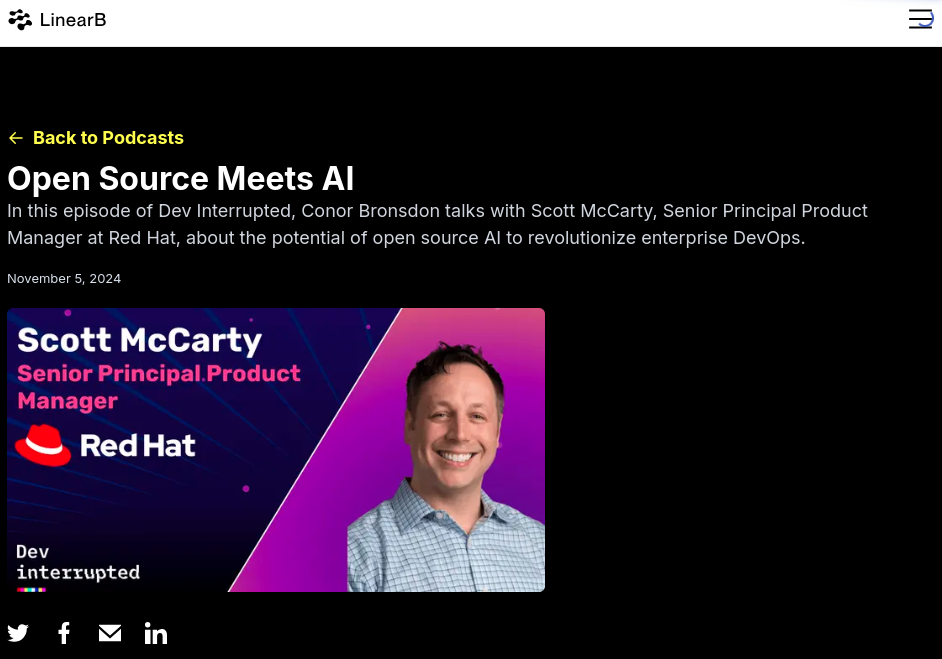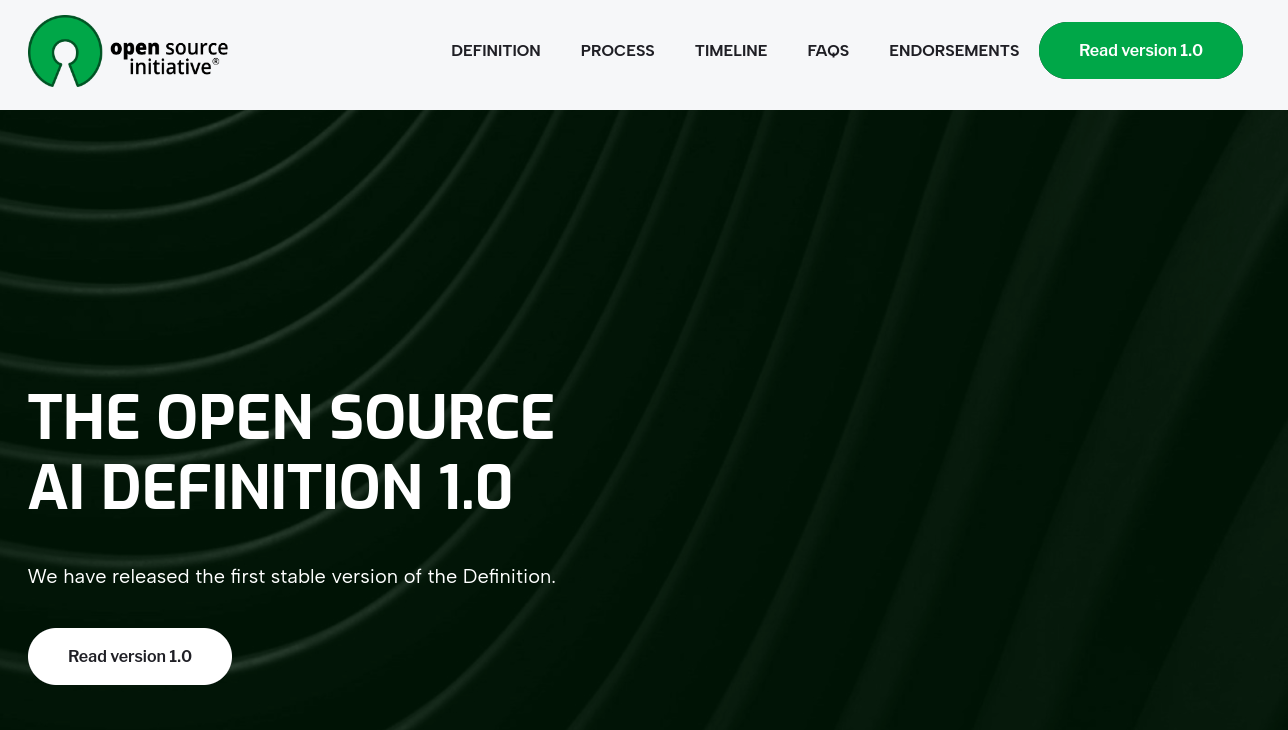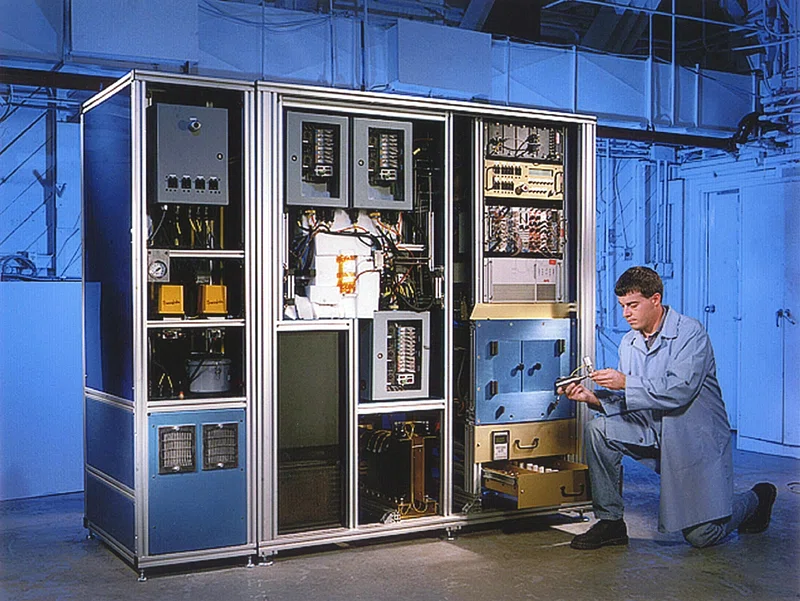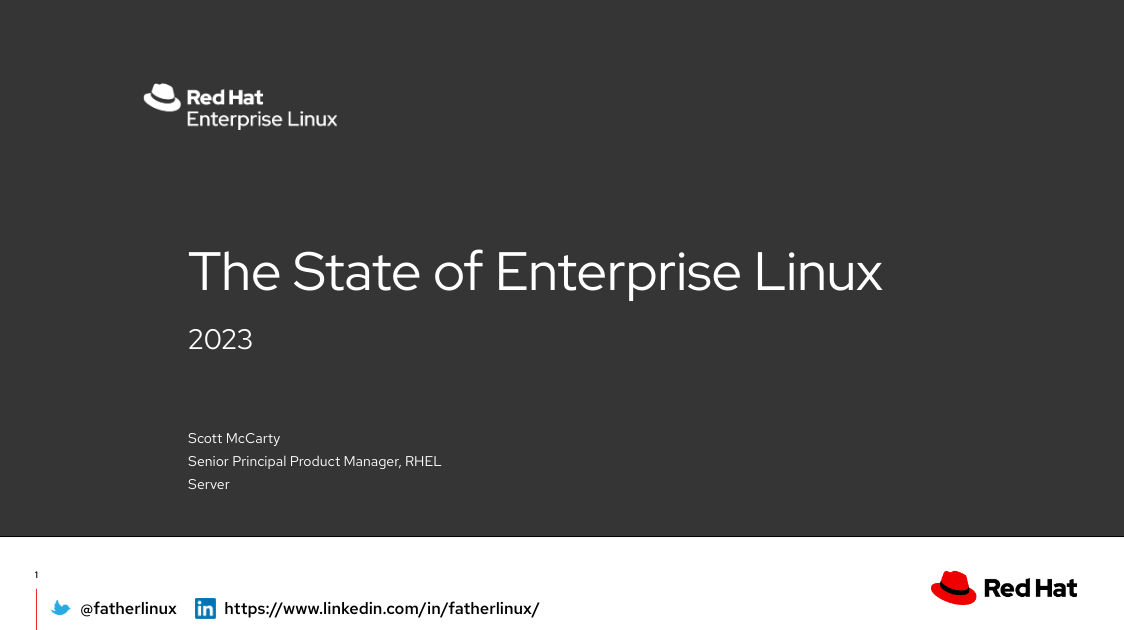It was late last night. The kids were finally in bed, the house was quiet, and I found myself with that dangerous combination of exhaustion and curiosity. I had a couple of hours of freedom, and I decided to tackle something that had been itching to do for a while: getting Claude Code running on
Continue Reading “First Use of Claude Code with Insights/Lightspeed MCP Server”






